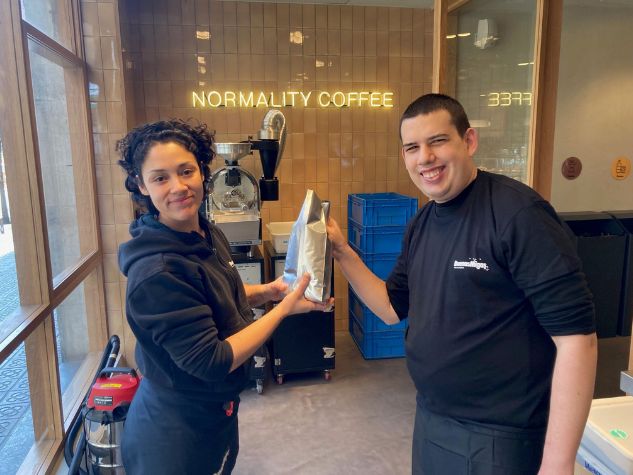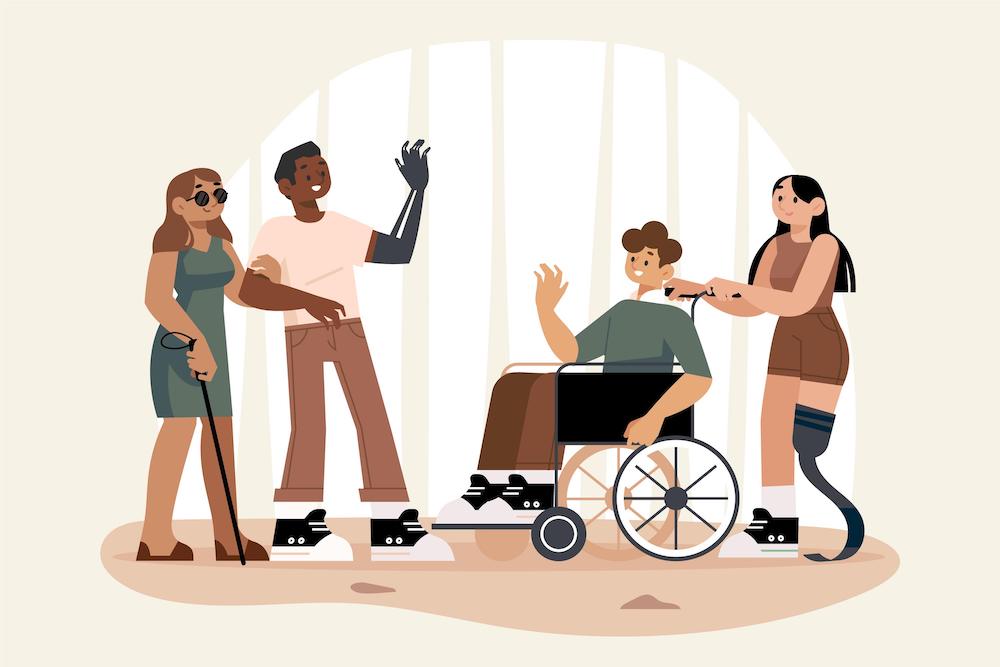The tools and processes for conducting job interviews have evolved significantly in recent years. Today, interviews are digitalized and conducted via online platforms, evaluations are automated, and data analysis for filtering candidates is performed with artificial intelligence. Additionally, there is a greater emphasis on soft skills and adaptation to the company culture, valuing practical experience more than academic degrees. However, what has not changed is that a job interview remains a meeting between two people who need to get to know each other. Each stage of the selection process has a specific purpose:
1. The Resume
The resume (CV) is the first impression a company has of a candidate. It is crucial to specify and highlight work experience, education, training, and technical skills. Companies are looking for specific knowledge, competencies, and aptitudes, so it is essential to tailor the CV to the job offer and emphasize the most relevant experiences and skills.
2. Phone Interview
Candidates whose resumes have been selected are contacted for a phone interview. In this phase, the candidate’s motivation, availability, communication skills, and cultural fit with the company are evaluated. It is important for the candidate to be clear and effective in their communication and to show interest and knowledge about the company and the position.
3. Technical Evaluation
While not always necessary, some selection processes include a technical evaluation to verify the candidate’s specific skills. This may involve practical tests, questionnaires, or projects to complete.
4. In-Depth In-Person Interview
The in-person interview is an opportunity to delve deeper into the candidate’s relevant experience for the position. This stage explores the candidate’s skills, competencies, and suitability for the company’s culture more thoroughly.
5. Evaluation of Interpersonal Skills
Interpersonal skills, teamwork, and leadership are highly valued. It is important for the candidate to demonstrate these qualities throughout the selection process.
Preparing for the Interview
Preparation is key to standing out in a selection process. Here are some tips for candidates:
Adapting the Resume
When a job offer is posted, it includes the requirements and functions of the position. It is crucial to adapt the resume using these keywords. The resume should be a living document that is tailored to each specific offer.
Specificity in Job Functions
It is important to be specific about the functions performed in previous jobs. Detailing responsibilities and achievements can make a significant difference.
Attitude and Preparation for the Phone Interview
Attitude is one of the first aspects evaluated in the phone call. Having written references about the offers to which one has applied and showing a positive and professional attitude is crucial.
Self-Knowledge and Honesty
Knowing oneself well is fundamental. Speaking confidently about what one does well and being honest about areas for improvement is key. For example, one might say, “I am very good at this, but this other thing is not my strength, although I am committed to improving.”
Researching the Company
It is essential to know the values and culture of the company. These are the aspects that make one feel part of the company and committed to it.
Preparing for Online Interviews
With new technologies, many interviews are conducted online. It is important to dress appropriately, be in a quiet environment without interruptions, and demonstrate professionalism.
Mistakes to Avoid
Certain behaviors should be avoided during an interview:
- Speaking Ill of Past Experiences: Do not speak ill of a former boss or previous company. This can reflect negatively on the candidate. It is better to find a positive way to explain these experiences.
- Lack of Preparation for Questions: It is important to be prepared to ask questions at the end of the interview. These can include topics about salary, work schedules, possibilities for incentives, growth within the company, training, and the next steps in the selection process.
Tips to Stand Out
Here are three key tips to stand out as a candidate:
- Natural Talent: Identify and highlight what one does naturally and easily.
- Creating a Personal Brand: Each person is unique. It is important to recognize and communicate one’s distinctive values.
- Self-Knowledge: Knowing oneself well allows for effective communication of one’s strengths and areas for improvement.
In conclusion, the interview process is an opportunity for both the company and the candidate to get to know each other and evaluate their compatibility. Proper preparation and a positive attitude can make the difference in securing the desired position.













